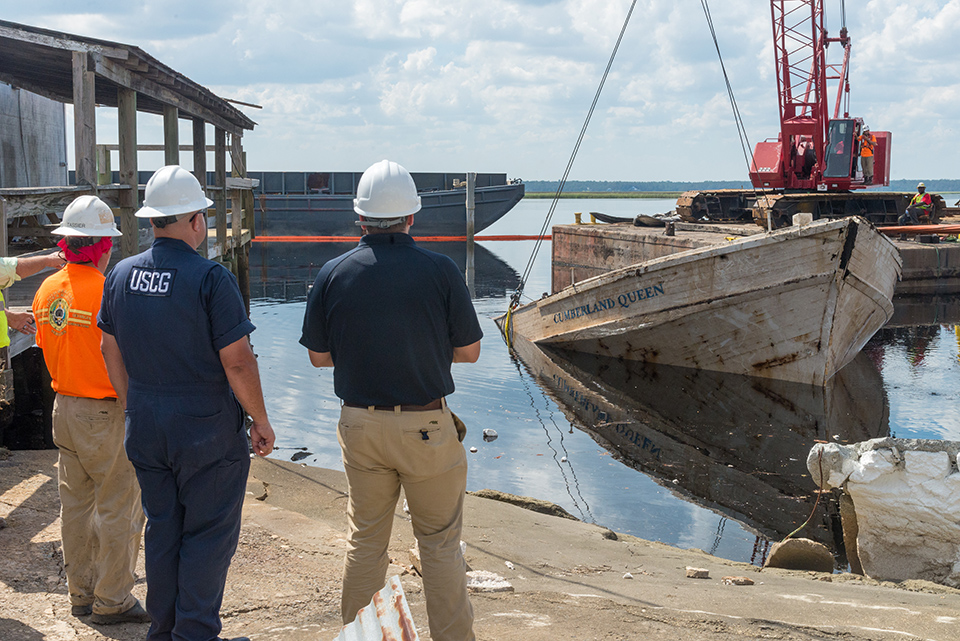
The 2020 Atlantic hurricane season, which includes the Atlantic Ocean, Gulf of Mexico and the Caribbean Sea, runs from June 1 to November 30. According to the Climate Prediction Center (CPC) at National Oceanic and Atmospheric Administration (NOAA), this season is expected to be more active than normal. The CPC predicts a 60% chance for an above-normal season, with a 70% chance of having 13 to 19 named storms, of which six to 10 could develop into hurricanes, including three to six major hurricanes (Categories 3-5).
This year, COVID-19 has presented a new set of challenges when it comes to preparing and planning for disasters. In a recent interview with AXIOS, FEMA Administrator Pete Gaynor stressed the importance of hurricane preparedness as we continue to navigate the pandemic.
“We’re doing a lot of things that are not necessarily in any playbook that has existed,” Gaynor told Axios. “How do you evacuate people from hurricane zones while maintaining 6 feet of social distancing? How much extra shelter space will be needed to house people who can no longer safely crowd into schools, auditoriums and community centers, and How do you protect the most vulnerable people such as the elderly and those with underlying conditions?
State and local officials must continue to prepare and plan for disasters to lessen the impact on their communities and ensure the health and wellbeing of their residents is a top priority. Emergency preparedness and recovery plans can help communities be proactive with their response activities. For municipalities that already have plans in place, they should assess and adapt them to account for challenges posed by COVID-19. For those without plans in place, steps should be taken to develop them to better prepare their communities. Planning ahead by assessing risks and having debris and recovery plans in place will assure that the required resources will be readily available when needed.
FEMA recently released a new resource, the COVID-19 Pandemic Operational Guidance for the 2020 Hurricane Season, to help emergency managers and public health officials respond to incidents during the 2020 hurricane season amid the COVID-19 pandemic.
GMC’s Disaster Recovery team helps communities navigate the response planning process, including assistance in debris management planning, debris monitoring, financial recovery, grant management and mitigation services so you can be prepared before, during and after a disaster.
While you can never be fully prepared for an unforeseen disaster, you can gain peace of mind by planning and knowing that recovery is attainable after disaster strikes.
To learn more about how we can help your community, contact GMC’s Vice President of Disaster Recovery Robert Ramsey at robert.ramsey@gmcnetwork.com.